To send little-endian data, you can just generate the bytes manually:
int write_le(int fd, int16_t val) {
unsigned char val_le[2] = {
val & 0xff, (uint16_t) val >> 8
};
int nwritten = 0, total = 2;
while (nwritten < total) {
int n = write(fd, val_le + nwritten, total - nwritten);
if (n == -1)
return nwritten > 0 ? nwritten : -1;
nwritten += n;
}
return nwritten;
}
A good compiler will recognize that the code does nothing and compile the bit manipulation to no-op on a little-endian platform. (See e.g. gcc generating the same code for the variant with and without the bit-twiddling.)
Note also that you shouldn't ignore the return value of write() - not only can it encounter an error, it can also write less than you gave it to, in which case you must repeat the write.
 what I need to send
what I need to send
